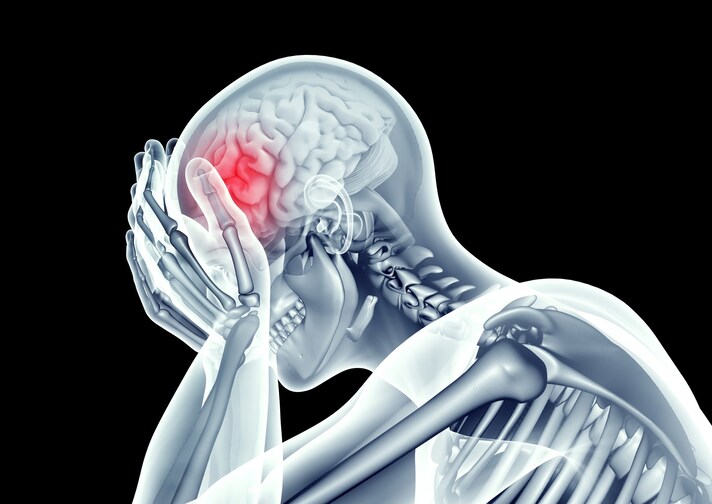12 Impressive Health Benefits of Scallops
Here are 12 ways that scallops promote health.
;Resize,width=742;)
Scallops can be expensive to buy and tricky to cook, but they are worth the effort because they are full of nutrients like vitamins, minerals, antioxidants, and lean protein. They also taste divine; however they are cooked.
They contain benefits for heart health, strong muscles, the circulatory system, and for reducing inflammation. They also help strengthen teeth and bones, as well as boosting brain power.
Here are 12 ways that scallops promote health:
1. Helps the Cardiovascular System

Scallops are rich in omega-3 fatty acids, vitamin B12, and antioxidants. These nutrients balance cholesterol levels, improve red blood cell counts, and reduce the risk of oxidative stress on the heart.
2. Lowers Cholesterol

There are two types of cholesterol – harmful LDL cholesterol, and beneficial HDL cholesterol. Both need to be balanced to stay healthy, and scallops could help to improve any imbalance in them, due to the omega-3 fatty acids they contain.
3. Regulates Blood Pressure

Scallops are a good choice for regulating your blood pressure if it’s too high or too low.
They contain 27% of the RDA of sodium per 100 grams, which is enough to give you a boost if you suffer from low blood pressure, while still keeping sodium levels low for those who need to reduce their blood pressure.
4. Helps Muscles Heal Faster

Scallops are a good choice for a post-workout food, as they help sore, tired muscles to heal faster. This is because they contain a lot of magnesium, which reduces muscle cramps, repairs muscle tissue, and helps unwind stiff muscles.
5. Healthy Blood

Blood needs the right balance of red and white blood cells, along with low amounts of fat and cholesterol to stay healthy. Scallops contain iron, potassium, and magnesium, which increase the amount of oxygen in the blood, and help circulate it around the body.
6. May Prevent Strokes

Research has shown that scallops may reduce the risk of stroke by up to 31%, due to the minerals and antioxidants they contain. These compounds reduce dangerous blood clotting, improve circulation, and keep your brain supplied with healthy blood.
7. Good Choice for Weight Loss

Scallops are a lean protein, containing as little as 1% of healthy fats. Regularly eating scallops reduces fat intake, and increases the protein intake, which can help you feel fuller for longer.
8. Energy Booster

Because scallops contain nutrients that help boost oxygen levels in your body, they also improve your energy levels as a result.
9. Build and Repair Muscles

100 grams of scallops contains a whopping 42% protein, so they are great for building and repairing muscle tissue.
10. Help to Balance Hormones

Hormonal imbalances can cause a lot of health issues. Scallops can help prevent this, due to the zinc they contain. Zinc has been proven to help balance hormones throughout the body.
11. Better Cognitive Function

The protein, iron, and vitamin B12 in scallops makes them great brain food. These compounds help deliver freshly oxygenated blood to the brain, and contain plenty of amino acids to help the brain function at its best.
12. May Prevent Diseases

Scallops contain anti-inflammatory substances like potassium and magnesium, which can prevent diseases such as arthritis, joint pain, cardiovascular disease, and diabetes. The vitamin B12 and antioxidants in scallops may also reduce the risk of cancer and age-related illnesses.
Possible Side Effect
Scallops may not be good for everyone, as they contain a substance called purine. Some people are sensitive to purine, and it can lead to the formation of kidney stones. Check with your health professional if you experience any sensitivity or discomfort after eating scallops.
;Resize,width=767;)
;Resize,width=712;)
;Resize,width=712;)
;Resize,width=712;)
